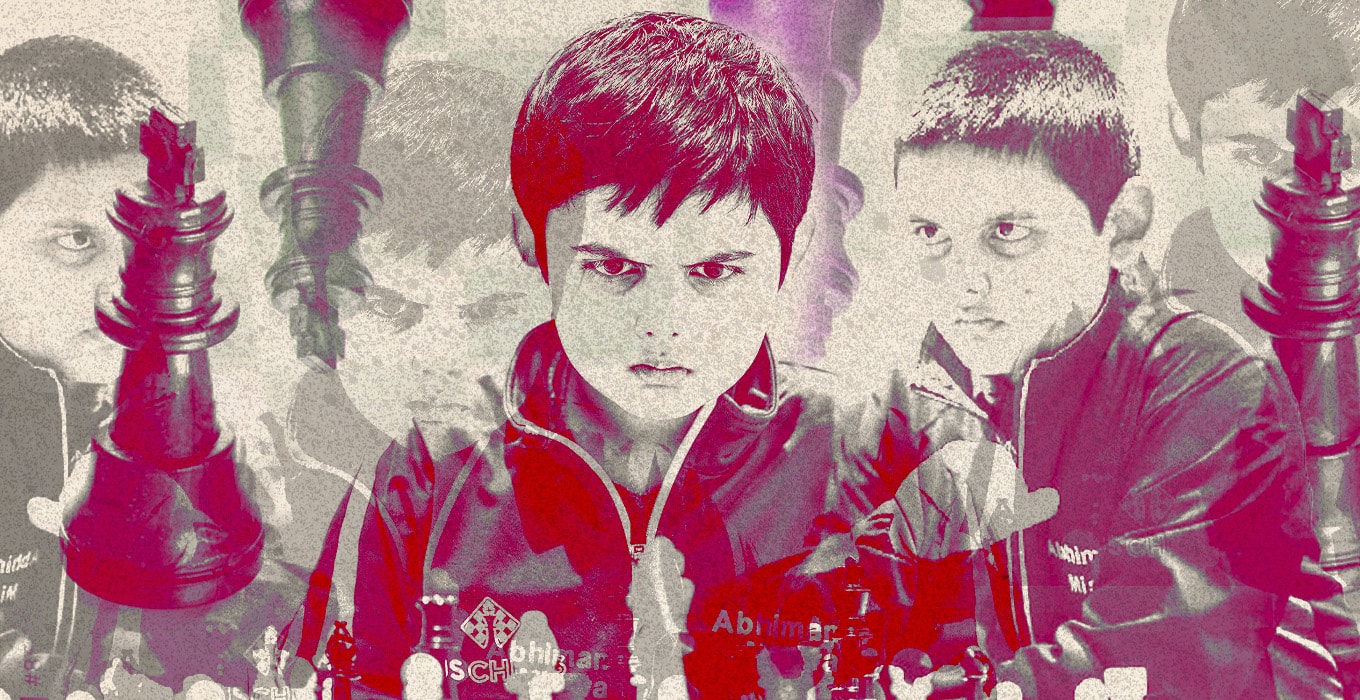Alongside the resurgent interest in chess over the past year, there seems to be a happy acceleration in research involving the game and the people who play it. It is also pleasing to me that much of this interest draws on the perspectives and life experiences of players across the globe, across genders, and across the life and chess ability span. And I am positively delighted that Chessable users have been so forthcoming in responding to our previous invitations to respond to research surveys – eg the recent invitation from Merim Bilalic, Roland Grabner and Nemanja Vaci [ Science in the Making]. Your very real and first-hand support for chess science is invaluable, and we are very grateful.
There is another invitation in today’s post, from the well-known chessplayer, author and academic, David Smerdon. This survey is very quick-and-easy, and will help inform our understanding of how big life events like marriage, children and careers impact on our chess development.

I imagine that very few of our readers have Abhi Mishra-level amounts of time to devote to their Chessable studies, and must juggle competing life-demands in creating a workable study schedule, however sub-optimal this schedule must needs be. This is something that we at Chessable are very aware of – not least from the comments on our user-forums. Without revealing more than can be divulged at this stage of development, let’s just say that some of our finest minds are presently working on advances to our platform that will make this juggling act easier for you – but sadly stopping short of making more hours available in your day. These advances draw on high level insights from studies in the field of feedback regimes, reconciled with the gritty realities of living with a demanding career, baby or partner!
First things first though, and here’s a winning approach and invitation from Dr Smerdon:
In a recent study https://www.pnas.org/content/117/44/27255 , researchers attempted to discover how chess performance changes over a lifetime. They analysed all of the chess games of the past World Champions and reported that chess strength rapidly increased until the early 20s, tapered off into the 30s, and then steadily declined from a peak of around 35 years of age.
Fascinating, but let’s not forget that these World Champions are a special group, made up entirely of men and predominantly of European descent, with (presumably) very high intelligence. Moreover, there are likely special personality traits that go along with winning the crown, such as being singularly focussed and driven to excel in one sole pursuit (remember Fischer’s famous comment – ‘All I want to do, ever, is play chess’, and the titles of both Karpov and Korchnoi’s autobiographies – ‘Chess is My Life’?). Such ambition may also require sacrifices from other parts of life, such as delaying or even forgoing higher education, other careers, personal relationships, or family duties. Given all of these factors, it’s natural to wonder: Does the same chess-life-cycle hold for the rest of us?
Together with a team of psychologists and economists, I have become increasingly interested in how chess strength changes over time, and particularly about how significant life events can affect our performance. Around what age are we most interested in chess and put the most hours into chess study, and what are the reasons we stop? Is getting married or having children likely to affect your chess rating? Does it differ for men and women, and does it matter how old you are? And if these big life changes do matter for chess performance, can we work out why?
To investigate, we’d like your help. We are currently running a short survey where we ask a few questions about important events in your life, your chess interest and your study habits. The survey takes less than 5 minutes to complete, and all of the responses are stored anonymously and confidentially. Later, we will merge all the data with rating data and games from databases, including using engines to test for how move quality changes over time.
We hope that this project will be beneficial to the wider chess community in discovering how these important life milestones affect the interest and performance of chess players during their careers, and I personally hope that the results will also shed light on how we can help to retain adult players in our chess communities despite the pressures of family life.
Please help us! The link to the survey is here:
https://uqbel.az1.qualtrics.com/jfe/form/SV_bsCcQRUC3fCxCtM

Dr David Smerdon is an Assistant Professor at the University of Queensland School of Economics. His research blends behavioural economics, development economics and social psychology, covering such topics as social norms, income inequality, labour market discrimination and gender differences in competitiveness. Dr Smerdon is also a grandmaster (Elo: 2508) and represented Australia in seven World Olympiads, four of them as Board 1, drawing with Magnus Carlsen in his last appearance in 2016.







